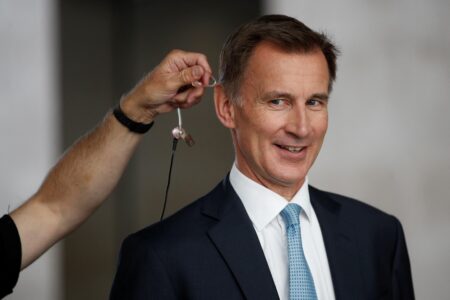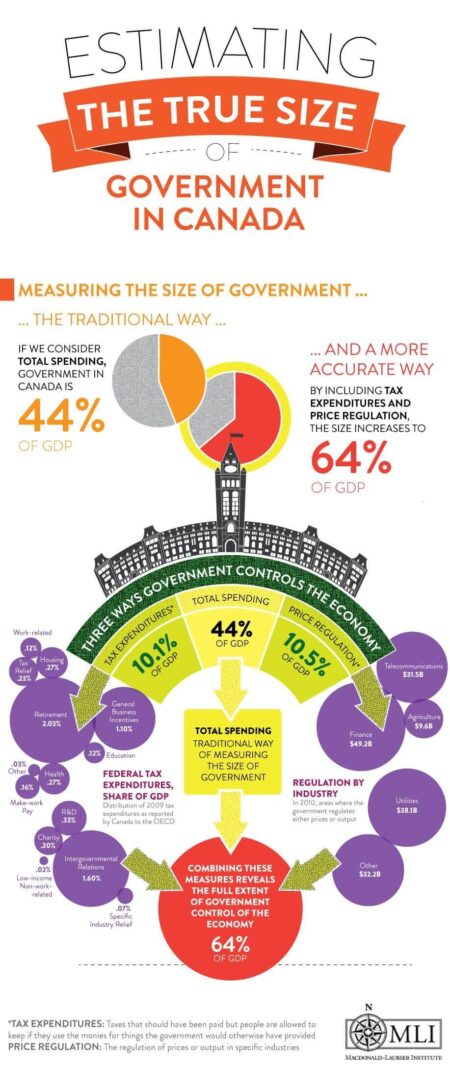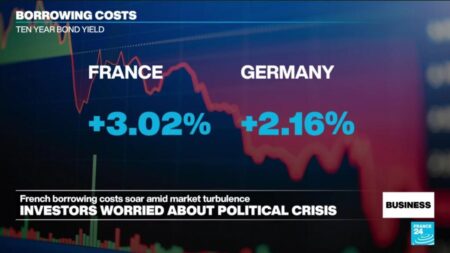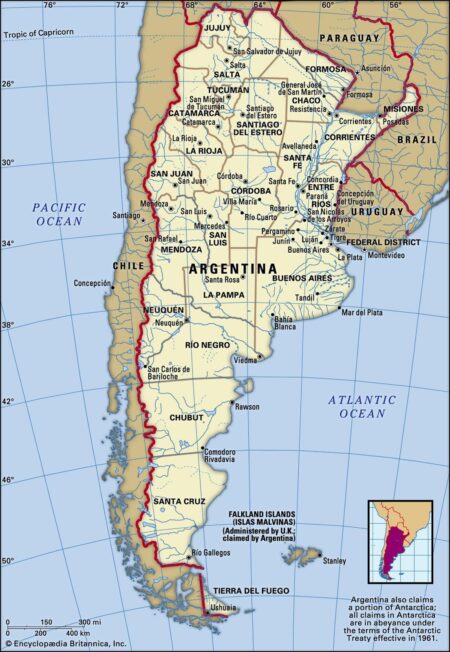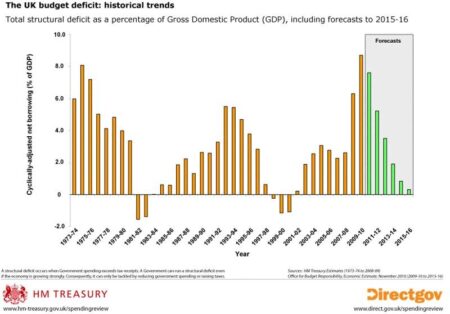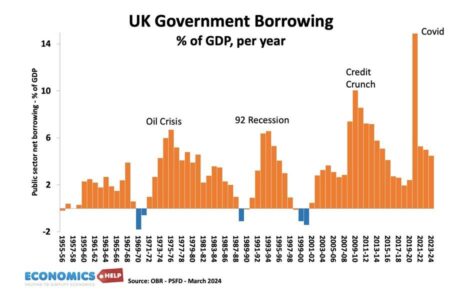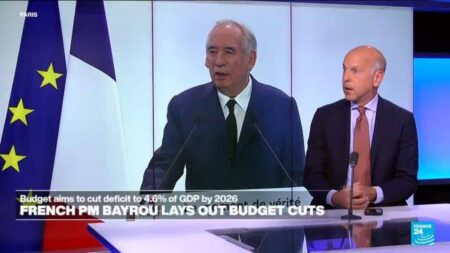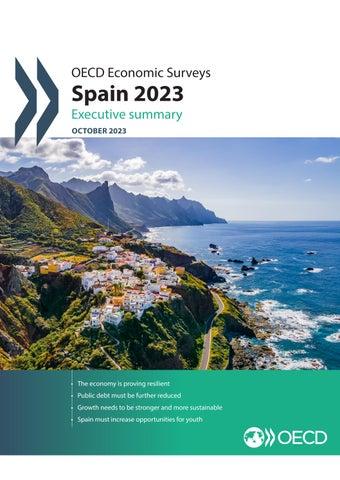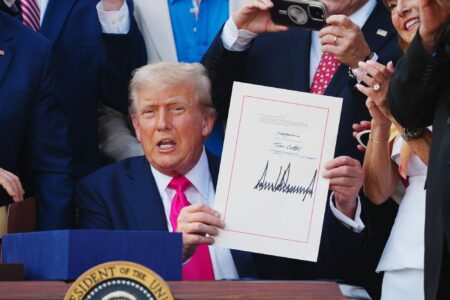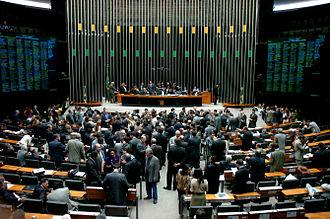The IMF has unveiled its 2025 Article IV Consultation for the United Kingdom, highlighting a resilient economic recovery amid persistent global challenges. The report underscores the crucial need to uphold fiscal discipline and push forward with structural reforms to secure sustainable growth
Browsing: fiscal policy
UK Finance Minister unveils bold plans for tax reform designed to ignite growth in small businesses, Reuters reports. These proposed changes aim to lighten financial pressures and fuel a new wave of economic expansion throughout the sector
In his latest column for The Logic, Carney boldly announces that Canada’s era of cautious, boy scout politics has ended, paving the way for a new chapter of daring economic and strategic initiatives under Carmichael’s leadership
A fresh analysis sets Canada and the U.S. head-to-head in a dramatic showdown over government spending, asking: which nation is the real budget “basket case”? Skyrocketing deficits and growing debt fuel a fiery debate on fiscal responsibility across North America
Italy is considering a bold new tax on banks to strengthen its budget, Bloomberg reports. This strategic move aims to boost government revenues amid economic challenges and rising fiscal pressures
France now faces the startling prospect of borrowing costs overtaking those of Italy, highlighting growing investor concerns about its fiscal outlook. This surprising development reveals changing tides in the Eurozone debt markets, reports Le Monde.fr
Spain has introduced wealth taxes targeting the ultra-rich – and, surprisingly, it hasn’t sparked a mass billionaire exodus. Thanks to thoughtful policy design and well-balanced rates, the country has not only retained its wealthy residents but also seen a significant boost in public revenue
The Carnegie Endowment warns that leaning on China’s central government balance sheet to cover local government debt could spark financial instability, undermine market discipline, and put immense pressure on the national budget
Germany is staring down a massive €170bn budget gap, even after heavy borrowing, raising serious concerns about its fiscal health. This shortfall highlights the growing hurdles for Europe’s largest economy as it struggles with soaring costs and sluggish growth
Argentina is making daring moves to replenish its dangerously low cash reserves amid mounting economic challenges. The government’s bold shock therapy aims to steady the economy and spark renewed investor confidence, Bloomberg reports
Spain remains cautious about increasing security spending despite escalating threats, opting to prioritize economic recovery and social programs for now. Yet, experts warn that this cautious approach may leave the nation exposed to serious defense risks
The UK’s borrowing has skyrocketed as soaring inflation drives up the cost of debt servicing, deepening Chancellor Jeremy Reeves’ fiscal challenges. Experts warn that this alarming trend could place heavy strain on public finances and limit future policy options
UK borrowing has surged dramatically as soaring inflation drives debt servicing costs to unprecedented levels, Reuters reports. With interest rates climbing steadily, the government is under increasing fiscal strain, raising serious concerns about the country’s long-term economic future
Facing a mounting budget crisis, French PM François Bayrou has boldly proposed scrapping two national holidays to slash public spending. This daring move aims to boost productivity but has sparked a heated debate across France
Italy has revealed an ambitious plan to exit the EU deficit procedure by 2026-earlier than expected-showcasing impressive progress in slashing its budget deficit and strengthening fiscal stability, Reuters reports
The OECD Economic Survey: Argentina 2025 highlights the nation’s most urgent challenges and promising opportunities on its path to sustainable growth. It urges bold reforms in fiscal policy, inflation control, and investment approaches to boost resilience and foster greater inclusion
The tax and spending bill proposed by former President Trump is set to take effect in early 2025, pending Congressional approval. This bold legislation aims to reshape fiscal policy dramatically, just in time for the crucial midterm elections
Brazil’s government is fiercely resisting Congress’ attempt to reverse a recent tax hike, intensifying political tensions. This showdown highlights the growing battle over fiscal policy as leaders work tirelessly to stabilize the economy, Reuters reports
Spain and Brazil have joined forces to urge the UN to implement global taxes on the super-rich, aiming to tackle skyrocketing inequality and unlock vital funding for sustainable development projects worldwide, officials announced at a recent UN summit
Germany is dramatically ramping up its borrowing to unprecedented heights, powering bold economic recovery plans and pioneering green initiatives. This daring surge in debt marks a significant shift in the nation’s fiscal strategy, sparking vibrant debate across Europe


